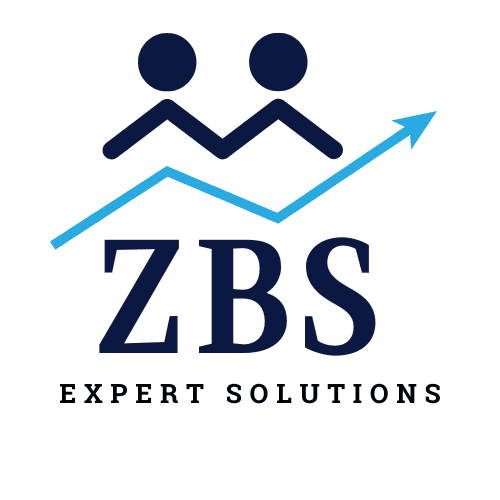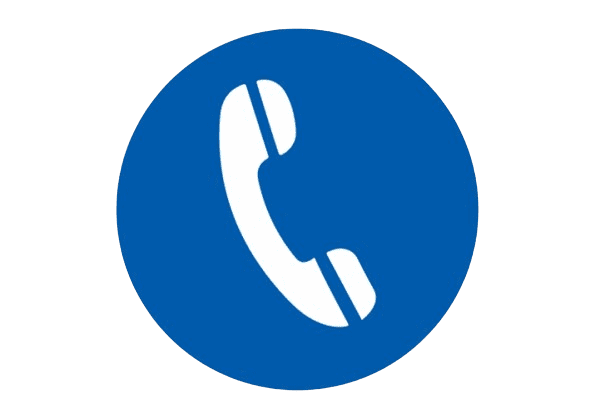
In today’s digital-first economy, small businesses face increasing pressure to build stronger customer relationships, manage leads efficiently, and run smarter marketing campaigns—all while keeping costs low. The right cloud-based CRM solutions make this possible by centralising data, automating routine tasks, and improving team collaboration.
When paired with SaaS marketing automation tools, these systems offer even greater value by helping small businesses nurture leads, personalise outreach, and convert more customers. But with so many platforms available, selecting the best CRM for your business can be challenging.
Here’s what to look for when choosing a cloud-based CRM solution that’s right for your small business.
1. User-Friendly Interface and Quick Setup
Small businesses rarely have the time or resources for complex software rollouts. That’s why your CRM system should be easy to implement and navigate. The best cloud-based CRM solutions feature intuitive dashboards, drag-and-drop tools, and guided onboarding to get you up and running fast.
Because the platform is cloud-based, there’s no need for time-consuming installations or manual updates—saving you both time and technical headaches.
2. Integration with SaaS Marketing Automation Tools
One of the biggest advantages of cloud-based CRM solutions is their ability to integrate with other tools—especially SaaS marketing automation tools. This connection allows for real-time syncing of customer data, automated email campaigns, and improved lead tracking.
Look for CRMs that connect easily with platforms like Mailchimp, HubSpot, or ActiveCampaign, enabling you to deliver targeted, automated communications based on user behaviour and sales stage.
3. Affordable and Scalable Pricing
Budget is a major consideration for small businesses. The ideal CRM platform should offer cost-effective pricing plans with the flexibility to scale as your business grows. Many SaaS marketing automation tools and cloud-based CRM solutions now provide tiered packages, so you can start with essential features and upgrade as needed.
Choosing a solution with a free trial or freemium plan is also a smart way to test functionality before making a financial commitment.
4. Mobile Access and Remote Functionality
In today’s mobile work culture, having access to your CRM from anywhere is essential. The best cloud-based CRM solutions offer robust mobile apps that let you manage contacts, schedule tasks, and track customer interactions on the go.
This mobility is especially valuable for sales teams, consultants, and remote staff who need real-time updates while working outside the office.
5. Customisation to Suit Your Workflow
No two businesses operate the same way. That’s why your CRM should be flexible enough to adapt to your unique processes. Choose a system that allows you to customise fields, sales pipelines, reports, and automations to suit your specific needs.
For example, with the right SaaS marketing automation tools, you can design trigger-based workflows that send targeted emails based on a customer’s interaction history or buying behaviour.
6. Insightful Reporting and Analytics
A CRM isn’t just for storing contacts—it’s a tool for making smarter decisions. Built-in analytics help you monitor sales performance, customer engagement, and campaign effectiveness. These insights are invaluable for identifying what’s working and where improvements are needed.
By integrating SaaS marketing automation tools, you’ll also gain access to campaign-level data like open rates, click-throughs, conversions, and ROI—giving you a complete picture of your marketing efforts.
7. Reliable Support and Learning Resources
Even the most intuitive systems occasionally need support. Whether you're setting up a workflow or resolving a technical issue, responsive customer service matters. Choose providers that offer live chat, knowledge bases, and video tutorials so your team has help when they need it.
Many top cloud-based CRM solutions also offer active user communities and webinars to support ongoing learning and success.
Final Thoughts
For small businesses aiming to stay competitive, investing in cloud-based CRM solutions is no longer optional—it’s essential. When combined with powerful SaaS marketing automation tools, your CRM becomes more than just a contact list; it becomes a growth engine.
By focusing on usability, integration, affordability, and flexibility, you can choose a solution that helps you work smarter, serve customers better, and grow your business confidently. The right tools today will lay the foundation for long-term success tomorrow.
The Role of SaaS Tools and Cloud Computing in Digital Transformation
How Cloud Computing Enables Seamless Collaboration in Remote Workplaces




